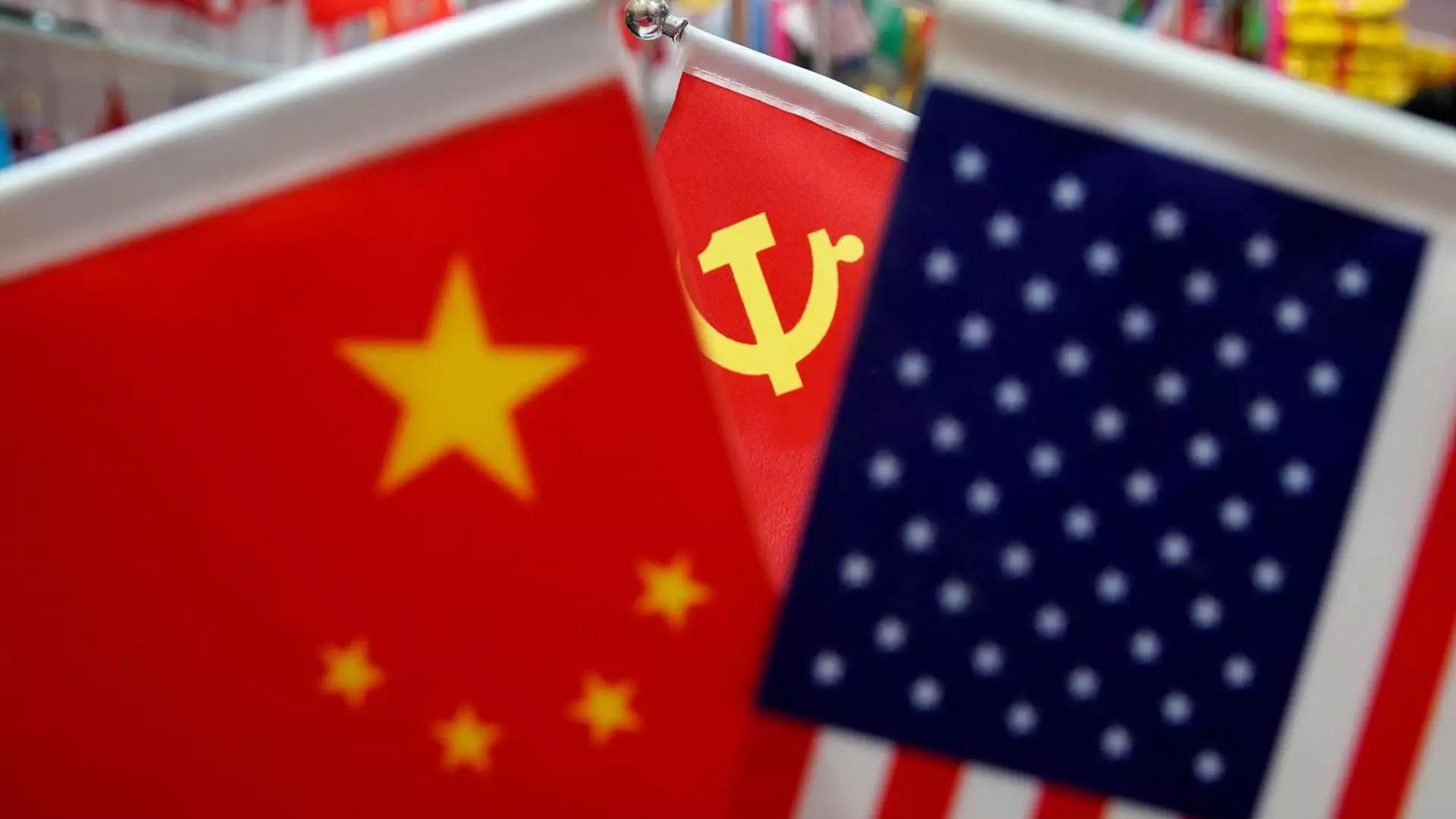In the wake of Donald Trump’s presidential victory, China is prioritizing diplomatic channels to avoid potential trade conflicts, emphasizing cooperation over confrontation. He Yongqian, a spokesperson from China’s Ministry of Commerce, reiterated China’s commitment to working alongside the United States. “Mutual respect, peaceful coexistence, and win-win cooperation” are not just slogans, but the foundation for dialogue that could shape U.S.-China relations under the new administration. The statement is a calculated approach aimed at addressing a significant concern: escalating trade tensions could lead to detrimental economic consequences on a global scale.
The recent presidential campaign highlighted a grim prospect for China: an increase in tariffs on Chinese imports. Analysts, including Yue Su from the Economist Intelligence Unit, predict that Trump could implement these tariffs soon after his inauguration. Should he utilize the International Emergency Economic Powers Act or the Trade Act of 1974, the potential for imposing tariffs as high as 15% looms large. This unbending approach could significantly disrupt not only the bilateral trade between the two nations but also foster an atmosphere of anxiety that could reverberate across global markets.
However, the sentiment isn’t wholly pessimistic. Some experts argue that the proposed tariffs, particularly Trump’s ambitious 60% tariff policy, might be seen as a negotiating tactic rather than a definitive action. David Chao from Invesco suggests that the new administration might prefer using tariffs as leverage to extract concessions that align with U.S. interests, such as increased agricultural exports to China or strategic geopolitical advantages. The suggestion that the Trump administration may delay imposing tariffs to gain favorable outcomes indicates a more nuanced diplomatic strategy.
Additionally, the economic fallout from any tariff increases could be severe. A potential 10% levy on all exports to the U.S. could weaken global demand, posing challenges not just for China, but also for other Asian economies intricately linked to it. This interconnectedness begs the question: can economic relations be decoupled without triggering widespread consequences? The ripple effects of trade restrictions often affect supply chains and consumer markets alike, underscoring the fragile balance that exists in international trade.
While the Chinese government remains optimistic about cooperation, the reality is fraught with challenges. The foundation of any productive dialogue will involve addressing longstanding issues such as trade imbalances and intellectual property disputes. Both nations will need to navigate these concerns professionally, lest they find themselves trapped in a cycle of retaliation and escalated tensions.
Looking ahead, the relationship between China and the United States during Trump’s impending administration raises critical questions about the future of international trade dynamics. As both countries stand at a crossroads, the potential for cooperation must be weighed against the instinct for protectionism. Ultimately, the outcome of this complex negotiation will indeed shape not just the economies of the two nations, but the broader landscape of global commerce. The stakes have never been higher, and the path to sustainable economic relations will require patience, strategic negotiation, and a shared commitment to resolve their differences for mutual benefit.

